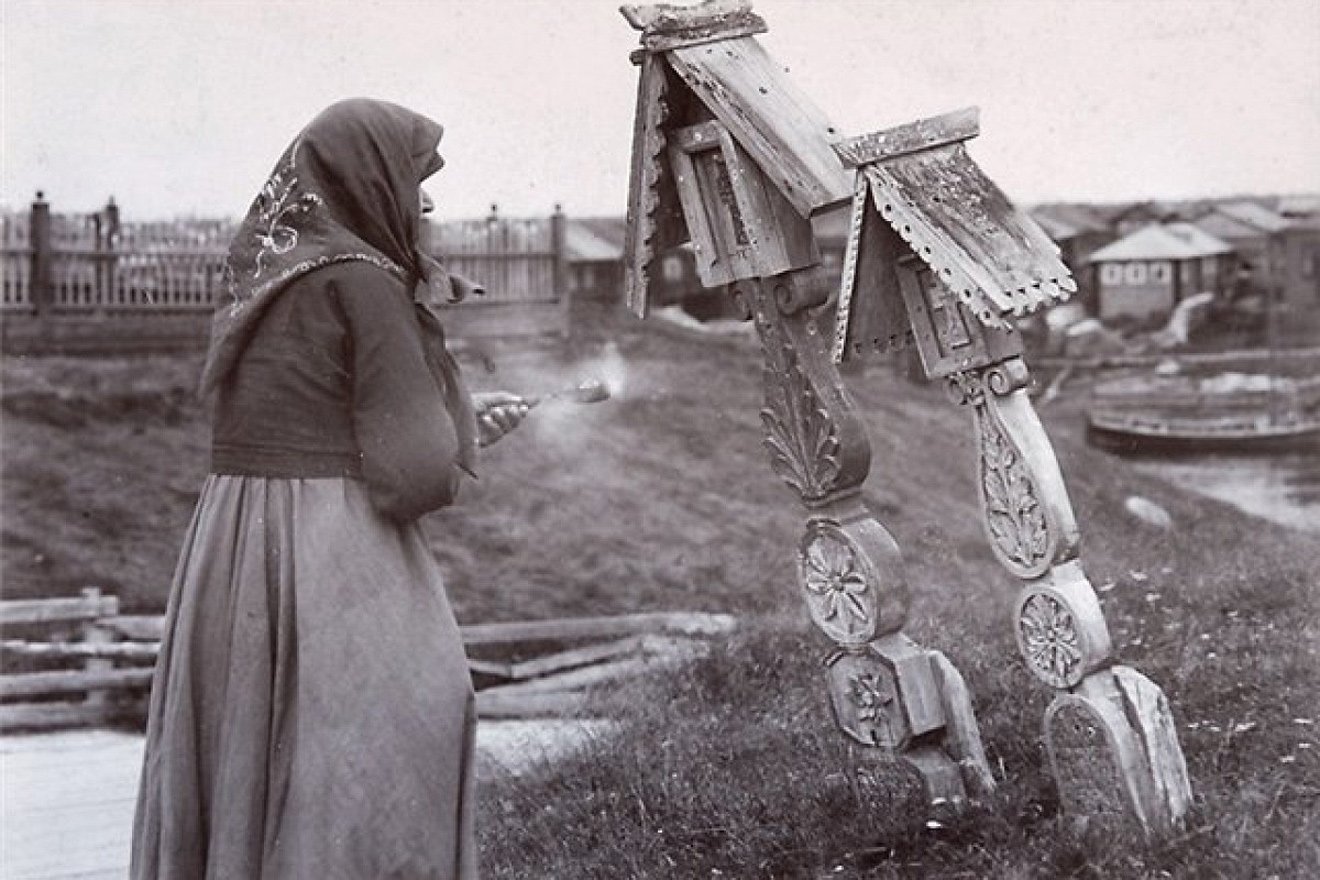
RESEARCH
publications
Rosenberg, Dina, and Tarasenko, Georgy. "Innovation for despots? How dictators and democratic leaders differ in stifling innovation and misusing natural resources across 114 countries." Energy Research & Social Science 68 (2020): 101543.
Conventional wisdom holds that natural resource abundance negatively affects economic development, especially in countries with weak quality of governance. In this paper we raise a related, yet separate, question that was largely overlooked in the literature - the effect of natural resource rents on technological innovations, a very specific type of economic activity. We argue that the abundance of natural resources negatively affects technological innovations, but only under authoritarian settings. Technological innovations are risky, costly, long-term and partially public goods (an idea cannot be taken back), which makes them disproportionately disadvantaged in resource-rich authoritarian countries. First, alternative economic activity is too attractive to miss out on: steady, high and short-term profits from natural resources. Second, authoritarian leaders are infamous for not encouraging or even blocking technological innovations because they redistribute political power away from the leaders (old elites) to newcomers (innovators). We corroborate our hypothesis on the extensive cross-section time-series data.
under review
Religious Roots of Political Preferences: The Case of Old Believers in Imperial Russia (with Timur Natkhov)
This paper examines the effect of religious beliefs on voting outcomes using the case of Old Believers communities in late Russian Empire. Old Believers were a minority group within the Orthodox denomination who emerged in opposition to the official doctrines of the church, emphasized independence from the state, and self-reliance in economic matters. We show that the share of Old Believers positively affects voting for the right wing parties in the 1917 Constituent Assembly elections – the first universal suffrage elections in Russia. We confirm our findings with voting outcomes from contemporary Brazil, where some Old Believers emigrated after the Russian Revolution, maintaining their traditional ways of life and religious beliefs.
work in progress
Hybrid Bandit: Case of Wagner Group Mercenaries in Central African Republic
Post-Communist Transition as Critical Juncture: Empirical Evidence
(with Leonid Polishcuk and Kharis Sokolov)